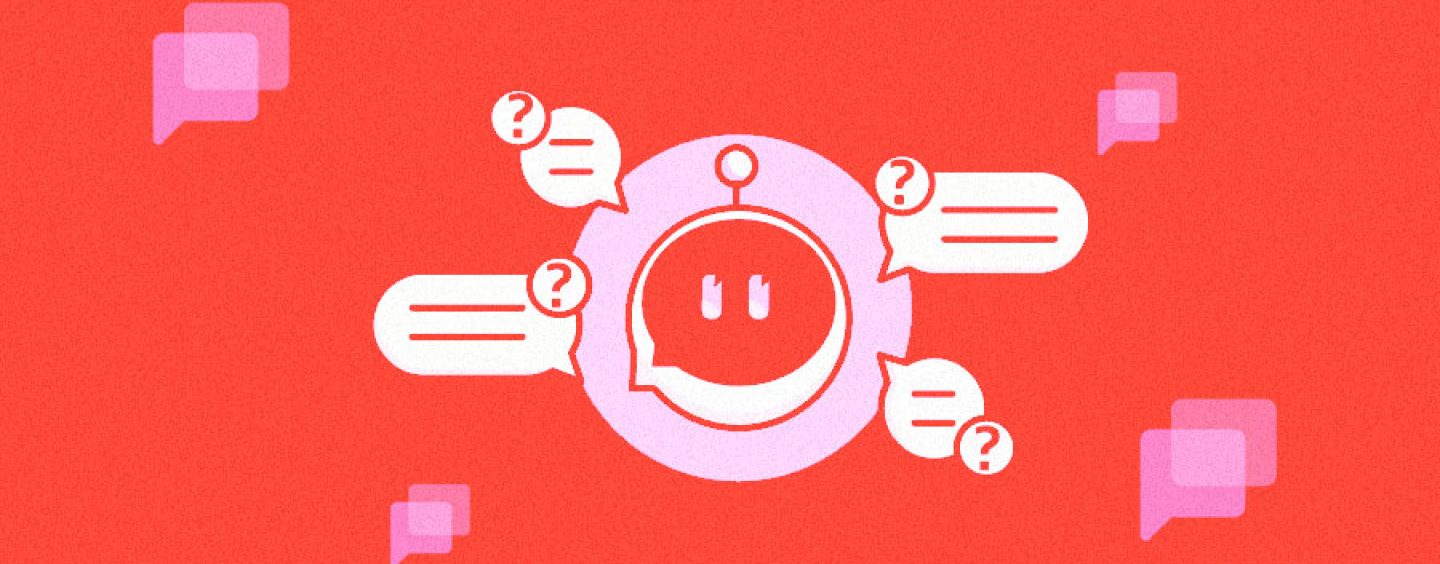AI language models could help diagnose schizophrenia
SOURCE: HTTPS://WWW.SCIENCEDAILY.COM/
OCT 09, 2023
COMPANIES CHOOSE AI CHATBOTS OVER HUMAN EMPLOYEES BECAUSE OF NO NEGOTIATION
SOURCE: ANALYTICSINSIGHT.NET
MAY 22, 2022

Communicating with customers using live chat boxes has become a popular approach to providing real-time customer service in many e-commerce settings. Conversational software agents, often known as chatbots, are artificial intelligence-based systems that are designed to talk with human users using natural language. They are increasingly replacing human chat service operators. For customer service, more companies are turning to chatbots and other kinds of artificial intelligence. It turns out that computers are better at delivering terrible news than people. According to a new study, people are more likely to make a bad deal with an AI chatbot than with a human agent.
Facebook has transformed the way leads are created in the previous years. Chatbots on Facebook Messenger deserve a lot of praise. Third-party developers have been encouraged to create Bots. According to a study, Facebook Messenger has more than 11,000 chatbots. Facebook does not, however, create all of these Bots. A large number of third-party developers are included. Facebook has published research detailing its efforts in developing and training artificially intelligent chatbots to engage in human-to-human communication. Chatbots are currently being taught to negotiate like humans after supporting people.
According to research, 90% of developers feel that businesses lack expertise in chatbots, while 75% of businesses believe that chatbots haven’t fully proven themselves. Chatbots are always attempting to grow and revolutionize the way we live, engage, and work in the middle of the turmoil.
“The AI is unbiased,” said Aaron Garvey, a professor at the University of Kentucky’s Gatton College of Business and Economics and one of the study’s authors. “It lacks these human-like motivations, which are what drive many of our bargaining answers. We’re attempting to put ourselves in the shoes of the other person and figure out what motivates them. We just don’t attribute it to artificial intelligence.”
For chatbots, the year 2016 marked a turning point. In the same year, Microsoft and Facebook revealed their plans to utilize chatbots. In April 2016, Facebook launched its Bot framework, whereas Microsoft did it in March. As a result, creating and distributing authorized bots on platforms like Facebook Messenger, Twitter, Skype, Telegram, and a few others has gotten a lot easier. With 92 percent of responders, Facebook Messenger is the most popular platform, followed by Slack and Twitter. According to the same report, the top three industries benefiting from bots are e-commerce, insurance, and health care.
Chatbots are still in use in areas such as finance, healthcare, sales and CRM, retail, education, government, and even law, and they’re having significant influence. They’re making healthcare more accessible, commerce more customized, and attorneys more efficient by using improvements in natural language processing (NLP) and artificial intelligence (AI).
The most influential bots today aren’t all-knowing virtual butlers; they’re highly focused conversational technology applications. These bots are growing more sophisticated and have a tangible influence on their sectors, despite their lack of flare. The Covid-19 outbreak has also brought attention to this technology, with several chatbots proving to be quite useful in dealing with a flood of customer questions and concerns.
Contract review and bill negotiation in fintech
Chatbots are improving financial technology on both the back and front ends, from crawling financial records to streamlining how people handle their money. Managing money is a difficult task. Long, thick loan agreements and derivatives are examples of complexity for banks; budgets, bank accounts, credit card bills, and subscriptions are examples for consumers. Users can utilize chatbots to keep track of their bills and obligations. On the personal financial side, the most successful chatbot implementations have focused on fairly basic information retrieval and management chores that may be made more effective through conversation, such as checking a balance or canceling a subscription. Chatbots are helping businesses automate time-consuming and costly tasks, saving hundreds of dollars.
Patient involvement and telemedicine in healthcare
Chatbots have the potential to enhance healthcare by simplifying patient contact and expanding access to care in disadvantaged areas. Chatbots, for example, can employ natural language processing to assess a patient’s stated symptoms and provide a diagnosis without the patient having to visit a doctor. When a patient arrives at the doctor’s office, a chatbot may capture their basic information upon check-in, removing the risk of costly human error. They can also follow up with patients after they’ve been discharged to answer questions, give aftercare, and even make sure they’re sticking to their physicians’ orders.
Sales and CRM: qualifying leads and responding to inquiries
As customers become more familiar with chatbots, businesses are investing in chat as a sales and customer management tool to help triage customer problems, move users in and out of the sales funnel, and deliver a more personalized experience to select customers. Beyond basic chatbot functions, sales and CRM bots are beginning to do more complex tasks, resulting in greater revenue and productivity.
Law: Automating small claims and powering research
The legal system, like banking and healthcare, is complicated to comprehend for many individuals, but it is also governed by a set of well-documented laws. Legal tasks and documents are well-suited to the chatbot value proposition because they are highly structured and routine: chatbots can parse digitized documents, such as legal filings and judgments, and extract information in a fraction of the time a human associate or law clerk would take.
LATEST NEWS
Augmented Reality
Hi-tech smart glasses connecting rural and remote aged care residents to clinicians
NOV 20, 2023
WHAT'S TRENDING


Data Science
5 Imaginative Data Science Projects That Can Make Your Portfolio Stand Out
OCT 05, 2022

SOURCE: HTTPS://WWW.SCIENCEDAILY.COM/
OCT 09, 2023
SOURCE: HTTPS://WWW.THEROBOTREPORT.COM/
SEP 30, 2023
SOURCE: HTTPS://WWW.SCIENCEDAILY.COM/
AUG 08, 2023
SOURCE: HOUSTON.INNOVATIONMAP.COM
OCT 03, 2022
SOURCE: MEDCITYNEWS.COM
OCT 06, 2022